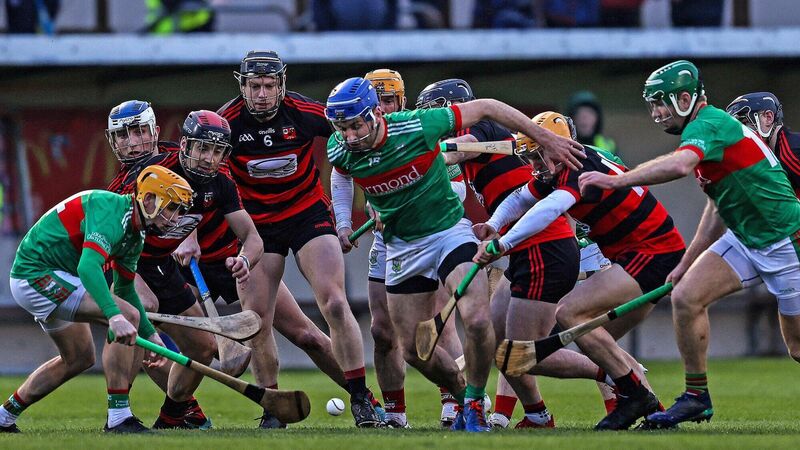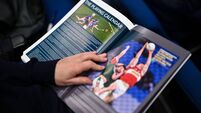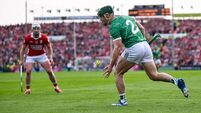Eimear Ryan: Like it or not, diving is now part of the fabric of the GAA

TV viewers were looking forward to AIB Munster Club Senior Hurling Championship semi-final between Ballygunner and Loughmore-Castleiney, but attempts to hoodwink the officials left a sour taste for many.











